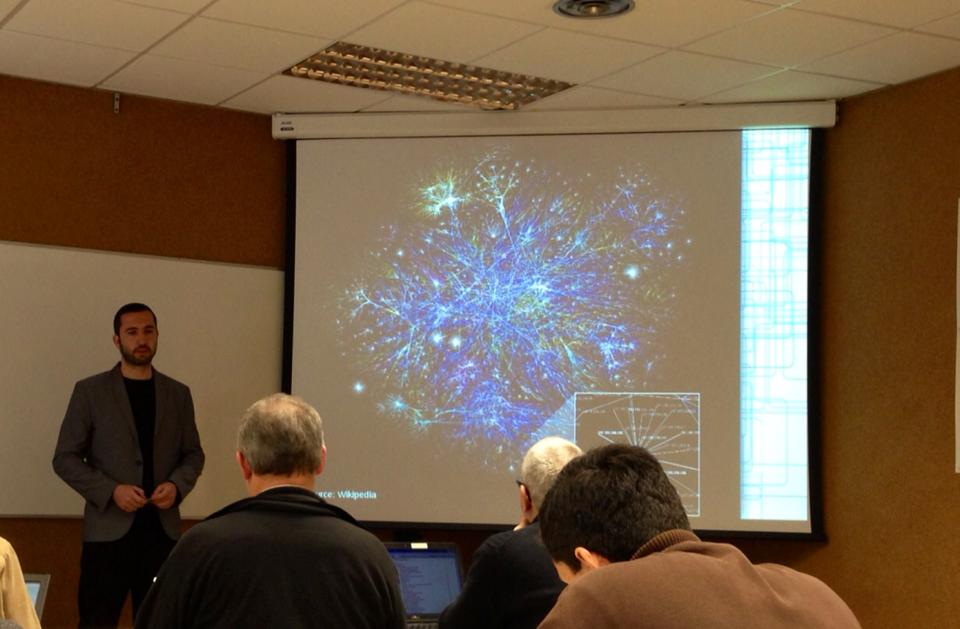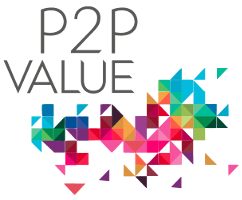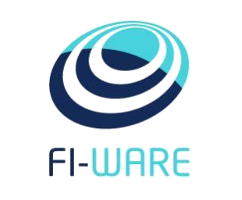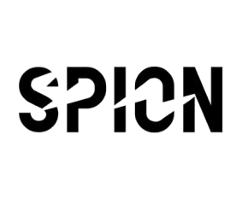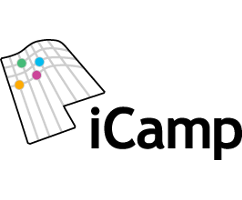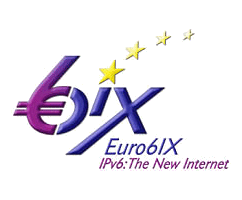Bio
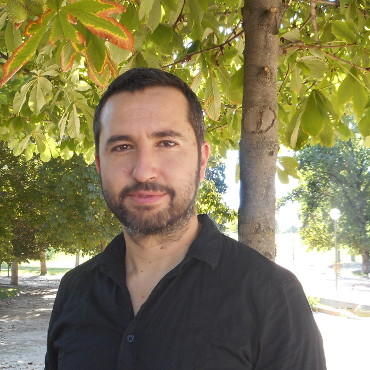
I am Antonio Tapiador del Dujo, a researcher and developer from Madrid, Spain.
I started to be interested in FLOSS (Free/Libre/OpenSource) software when I started my degree as Telecommunication Engineer, along with my involvement in social movements and music bands.
I became very aware of the transformation the internet was bringing to the culture industries, software first, music next and now it is finally reaching to other aspects of human activities, such as accommodation or transportation. I was an active promoter of free culture licenses, with my fellows in the musicians collective Ruido de Barrio and bringing the internet culture to people through hacklabs in social centers in Spain.
My final Telecommunication Engineer project was about IPv6 multihoming. I was very interested in seeing how internet standadization worked, and who controlled it. I participated in some IETF working groups to confirm how their philosophy was quite similar to other social movements. I like very much their quote: We reject: kings, presidents and voting. We believe in: rough consensus and running code.
After checking how the base of the internet worked, I switched to the application level. I was motivated to delivering real value to users. I was active in the Rails community, publishing several gems and contributing to the core. Besides, I was dazzled by scale-free networks, how they emerged everywhere, from proteins to the internet itself. I could see scale-free networks in multiple social contexts, from social movements to the workplace. In the context of the boom of social network sites, I developed my Ph.D thesis on a Rails gem to build any kind of social network in the web. I was proud the outcome of this thesis was not only theoretical, but several social sites around the world were build on top of Social Stream.
However, I was not able to build successful final apps to users. I enrolled a course on Business Design and Lean Startup to learn how to deliver real value to users. I practiced these skills in the P2Pvalue project, where we learned a lot about Common Based Peer Production Communities. It was a natural step in my path, I was able to apply concepts from social networks and social movements, and we learned a lot about how these communities work.
Afterwards, tired of academy and its publication dictate, I moved to the private sector to explore other scenarios where I could deliver more value to users and do practical stuff.
I joined ideas4all Innovation where I worked in product development. As lead software developer, I empowered junior developers to follow good patterns, leveraging my teaching skills. I also put in practice lean development principles, not only in the product, but also in internal tools, keeping developer happiness in mind. I applied my machine learning knowledge to a real world problem, developing a deep learning model for production.
